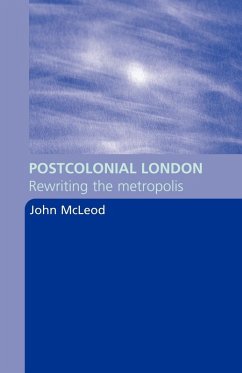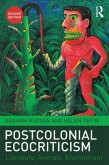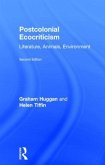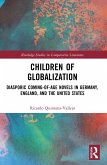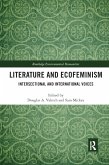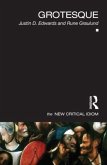'In recent years, postcolonial studies has begun to focus on questions of how space is represented within what were once seen as 'imperial centres'. This book links this new focus with questions which open up the 'national' and thereby addresses issues which have always been important, such as the extent to which our visions of the national have been built on migrant and diasporic, colonial and postcolonial identities. Thus we are forced to question the extent to which London has always in a sense been a transformative 'postcolonial' space not only after Empire, or after immigration, but before.' - Susheila Nasta, Open University, UK
' ... a smart, interesting and well-written book. Its chapters are ingeniously themed ...' - Wasafiri
'McLeod's fascinating book warrants the type of critical appreciatuion that one can only seldom bestow...it is engaging, refreshingly free of jargonistic compulsions, superbly attentive to detail - both historical-urban and textual - and, most importantly, responsive to the subtle networks of sensibilty and imagination which have changed the face of London in so many ways over the last fifty years.' - Cristina Sandru, The Journal of the English Association
' ... a smart, interesting and well-written book. Its chapters are ingeniously themed ...' - Wasafiri
'McLeod's fascinating book warrants the type of critical appreciatuion that one can only seldom bestow...it is engaging, refreshingly free of jargonistic compulsions, superbly attentive to detail - both historical-urban and textual - and, most importantly, responsive to the subtle networks of sensibilty and imagination which have changed the face of London in so many ways over the last fifty years.' - Cristina Sandru, The Journal of the English Association

